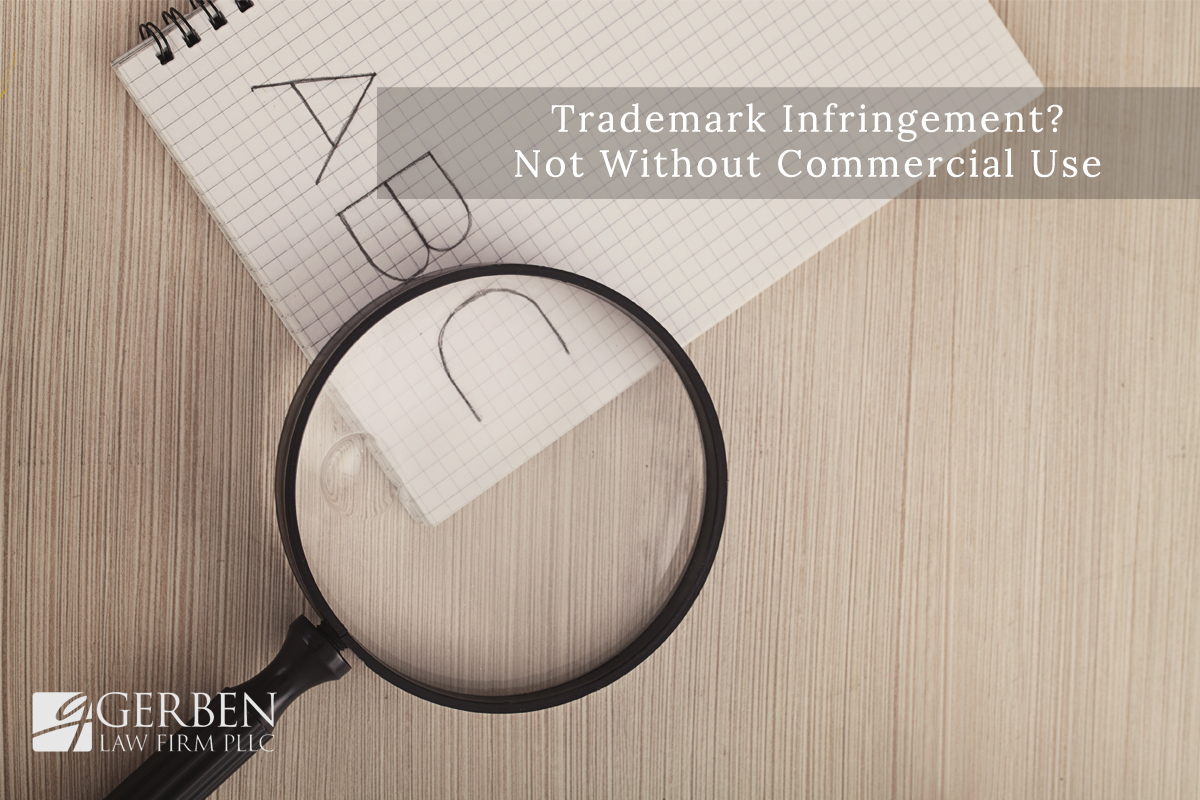Is This Trademark Infringement? ‘Millionaire Reader’ Case Shows Limits to Trademark Law

NEED ENFORCEMENT ADVICE?
Gerben IP works with companies to review and response to infringement threats. Contact us for a free consultation.
Contact Our Attorneys
As a trademark owner, you know that proper monitoring of the marketplace is essential to protecting your trademarks. On top of paid monitoring services, you likely do your own research and due diligence to keep an eye on competitors. But what happens when you find a use of a trademark that is similar to yours?
As a recent case from Texas shows us, not every unauthorized use of a word or phrase similar to your trademark is infringement. The trademark must first be used in connection with a sale of some kind of good or service.
Springboards to Education, Inc. v. Houston Independent School District
From 2008 to 2013, the School Board offered a free summer reading program to students called the “Houston ISD Millionaire Club.” A Texas company, Springboards to Education, filed a trademark infringement lawsuit against the Houston Independent School District (the “School District”), in Texas federal court claiming trademark infringement based on its prior “Millionaire Reader,” “Read a Million Words, “Millionaire’s Reading Club,” “Million Dollar Reader,” and “Feel Like a Million Bucks” trademarks.
This week, the Southern District of Texas granted a “motion for summary judgment” in favor of the School District on all federal trademark claims. The court held that no reasonable jury would rule in favor of the plaintiff and denied the claims of infringement and dilution.
Specifically, the court stated that:
“As to Springboard’s trademark counterfeiting, trademark infringement, and false designations claims, the statutory requirement that the plaintiff’s mark be used ‘in connection with the sale, offering for sale, distribution, or advertising of any goods or services’ requires commercial use of the plaintiff’s mark. 15 U.S.C. §§ 1114, 1125; see Bosley Med. Inst. v. Kremer, 403 F.3d 672, 676–77 (9th Cir. 2005).”
So, what does the Springboard case tell us?
This case is a great example of the limit when it comes to enforcing trademark rights.
Did Springboard own trademarks? Yes.
Did the School District use those trademarks to promote a reading program without Springboard’s authorization? Yes.
Was this infringement? According to this court, an emphatic “No.”
At the heart of trademark infringement is commercial use and courts use three-factors to help determine whether a use of a trademark is a “commercial use” of that trademark.
First: is the communication an advertisement?
Second: Does the communication refer to a specific product or service? and
Third: does the speaker have an economic motivation for the speech?
This may seem simple, but it is a complex legal analysis as to what exactly each factor means.
CEASE-AND-DESIST?
Our experienced attorney have worked on both sides of trademark infringement. Contact us for a consultation on your case.
Contact Our Experienced Attorneys
To use Springboard as an example, the court held that the plaintiff did not provide evidence that the School Board in anyway financially benefited from the use of the trademarks. While the plaintiff argued that providing these materials to students made the School District more attractive to outsiders, and thus, increased interest in attending the School District’s schools, and thus, increased funding for those schools. The Court held that there was simply no evidence to show that dubious connection.
Trademark owners are left in tough situations – they must monitor the marketplace, but also analyze any uses of their trademarks to determine whether or not such use is actionable under the U.S. trademark law. Not every use of a similar trademark is infringement.
An experienced attorney can help guide trademark owners to help them spend their limited legal budgets on cases where their trademarks are likely to be harmed and determine what is actionable trademark infringement. Springboards to Education learned a hard and expensive lesson in the limits of trademark law, and by effective analysis of claims, trademark owners can avoid spending thousands of dollars prosecuting a losing case.
Do you need assistance with a trademark matter?
Contact an Attorney Today